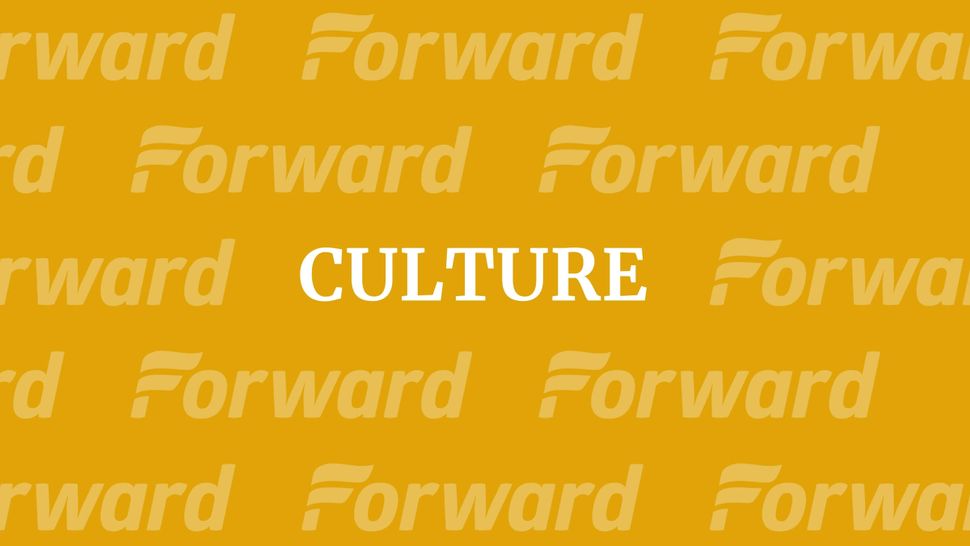OU To Certify Kitniot This Passover

Image by thinkstock
The Orthodox Union wants to take the guesswork out of eating kitniyot on Passover. With no kitniyot kosher certification to go by, eaters of legumes and several grains during the holiday—traditionally Sephardi Jews, but now also others—have had to rely on their own judgment that there was no hametz, or leaven, in a food product.
Now, the experts have stepped in to alleviate any possible confusion. For the first time ever, the OU has introduced OU Kitniyot, a new certification symbol that can appear on kosher for Passover products.
“People may assume a food product is kitniyot, but there could actually be hametz hidden it,” warned Rabbi Moshe Elefant, COO of the Orthodox Union’s kashrut division in a phone interview with The Jew and the Carrot. “This new certification is critical because you can’t tell just from the ingredients list whether something is really kitniyot and nothing else.”
The rabbi cited ascorbic acid, basically vitamin C, which is commonly found in food items. “Ascorbic acid can be either hametz or kitniyot,” Elefant explained. “We check the source.”
But, as of right now, the only products certified OU Kitniyot are Hagada Cookies Series, Papachoudo Cookies, Osem Bamba, Neptune Spices and Shkediya Sunflower Seeds.
“The impetus for this new kosher symbol was our being anxious to serve the entire Jewish community, which of course includes our Sephardi brothers and sisters,” Elefant noted.
But it seems to also be a good business move in terms of the OU’s relationship with food manufacturers. Although there are only a handful of OU Kitniyot authorized products for Passover this year, the rabbi expects a lot of growth in the future.
“Just in the last couple of days since are announcement about OU Kitniyot, we’ve gotten calls from companies wanting the certification,” he shared. “I imagine that manufacturers will be watching how things go this Pesach and will decide they want the designation.
A door has now been opened for food producers who thought they were shut out on Passover. “They can’t get the Ashkenazi market, but now they can get the Sephardi market,” Elefant said.
A message from our Publisher & CEO Rachel Fishman Feddersen

I hope you appreciated this article. Before you go, I’d like to ask you to please support the Forward’s award-winning, nonprofit journalism so that we can be prepared for whatever news 2025 brings.
At a time when other newsrooms are closing or cutting back, the Forward has removed its paywall and invested additional resources to report on the ground from Israel and around the U.S. on the impact of the war, rising antisemitism and polarized discourse.
Readers like you make it all possible. Support our work by becoming a Forward Member and connect with our journalism and your community.
— Rachel Fishman Feddersen, Publisher and CEO























